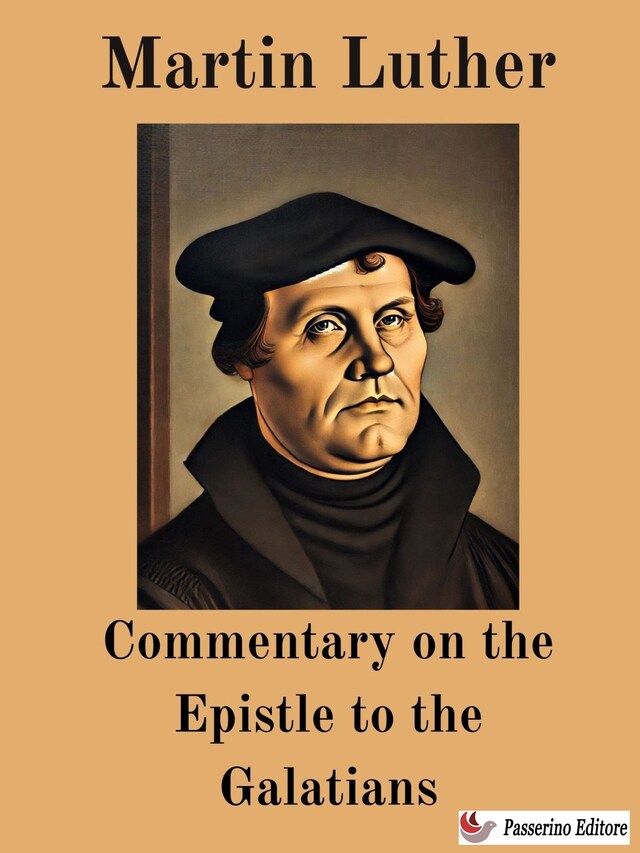
Commentary on the Epistle to the Galatians
Opis książki
The Epistle to the Galatians, often shortened to Galatians, is the ninth book of the New Testament. It is a letter from Paul the Apostle to a number of Early Christian communities in Galatia. Scholars have suggested that this is either the Roman province of Galatia in southern Anatolia, or a large region defined by an ethnic group of Celtic people in central Anatolia. Paul is principally concerned with the controversy surrounding gentile Christians and the Mosaic Law during the Apostolic Age. Paul argues that the gentile Galatians do not need to adhere to the tenets of the Mosaic Law, particularly religious male circumcision, by contextualizing the role of the law in light of the revelation of Christ. The Epistle to the Galatians has exerted enormous influence on the history of Christianity, the development of Christian theology, and the study of the Apostle Paul. The central dispute in the letter concerns the question of how Gentiles could convert to Christianity, which shows that this letter was written at a very early stage in church history, when the vast majority of Christians were Jewish or Jewish proselytes, which historians refer to as the Jewish Christians. Another indicator that the letter is early is that there is no hint in the letter of a developed organization within the Christian community at large. This puts it during the lifetime of Paul himself.
Martin Luther (10 November 1483 – 18 February 1546) was a German professor of theology, priest, author, composer, former Augustinian monk, and is best known as a seminal figure in the Protestant Reformation and as the namesake of Lutheranism.
Translator: Theodore Graebner.
 Martin Luther
Martin Luther 266 Strony
266 Strony